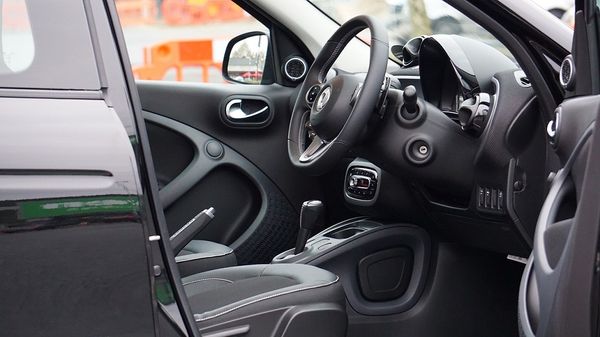White hackers to seek errors in open-source cybersecurity framework for cars

Researchers from NYU Tandon, the University of Michigan Transport Research Institute (UMTRI), and the Southwest Research Institute (SwRI) have launched a challenge to all white hackers and security experts: find vulnerabilities before implementation of Uptane, the most recent open source cybersecurity framework for the automotive industry.
Uptane is “the first software update framework for automobiles that counters a comprehensive array of security attacks, and is resilient to partial compromises,” the paper reads. “It adds strategic features to the state-of-the-art software update framework, TUF, in order to address automotive specific vulnerabilities and limitations.”
The research group is led by Assistant Professor of Computer Science and Engineering Justin Cappos. In 2015, NYU received $14 million from the Department of Homeland Security”s Science and Technology Directorate to develop technology “that can help defend government and privately owned vehicles from cyberattacks.”
“Although widespread attacks are still difficult and expensive, they lie within the capabilities of nation-state cyber warriors, and it is time to begin securing the infrastructure, particularly as automotive electronics increase,” Cappos said.
This framework safeguards wireless updates in vehicles. The automotive industry is developing more complex cars to gain market share, but the software still has flaws. Although manufacturers implement a Software-over-the-Top update feature, hackers can still attack them with malware. A unique solution is required, because regular security software agents installed on PCs can”t safeguard cars, which have different causes for failure.
“Modern vehicles contain software with millions of lines of code that require periodic updates just like our computers and smart phones,” said Dr. Dan Massey, S&T CPSSEC Program Manager. “We must be able to safely and securely update the software in our devices, but updates are often inadequately protected. Cyberattacks on CPS in automobiles may have substantial costs, —potentially impacting millions of lives.
tags
Author
After having addressed topics such as NFC, startups, and tech innovation, she has now shifted focus to internet security, with a keen interest in smart homes and IoT threats.
View all postsRight now Top posts
Start Cyber Resilience and Don’t Be an April Fool This Spring and Beyond
April 01, 2024
Spam trends of the week: Cybercrooks phish for QuickBooks, American Express and banking accounts
November 28, 2023
FOLLOW US ON SOCIAL MEDIA
You might also like
Bookmarks








